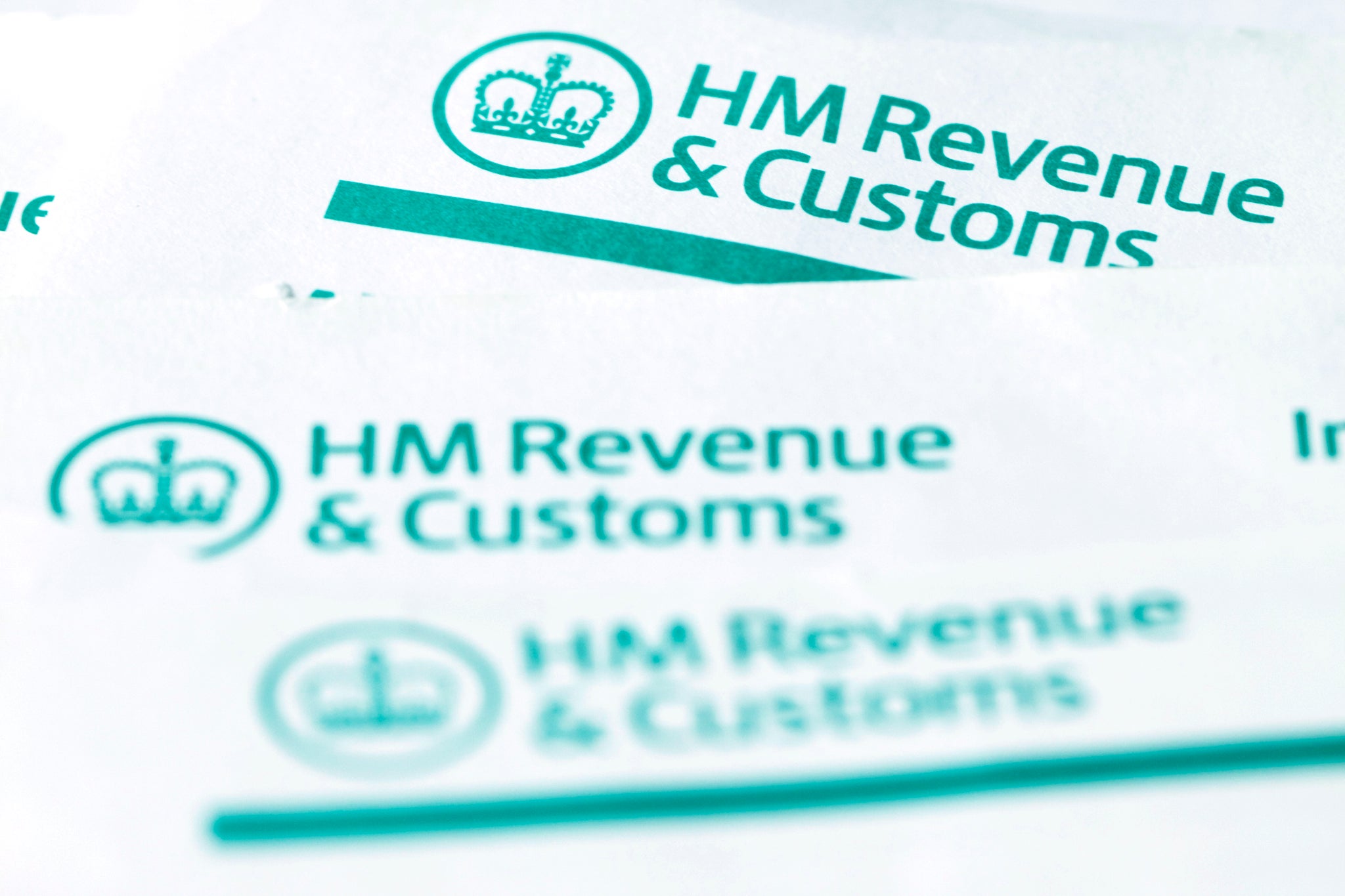Fake HMRC scam letters target small business owners in latest attack
An accountancy firm raised the alarm on social media warning others of the scam

Your support helps us to tell the story
From reproductive rights to climate change to Big Tech, The Independent is on the ground when the story is developing. Whether it's investigating the financials of Elon Musk's pro-Trump PAC or producing our latest documentary, 'The A Word', which shines a light on the American women fighting for reproductive rights, we know how important it is to parse out the facts from the messaging.
At such a critical moment in US history, we need reporters on the ground. Your donation allows us to keep sending journalists to speak to both sides of the story.
The Independent is trusted by Americans across the entire political spectrum. And unlike many other quality news outlets, we choose not to lock Americans out of our reporting and analysis with paywalls. We believe quality journalism should be available to everyone, paid for by those who can afford it.
Your support makes all the difference.An accountancy firm has warned businesses about a convincing scam letter which impersonates the HMRC tax office
The letter, which uses a font that closely resembles the style of an HMRC letter states: “We need you to verify your financial information.”
Azets accountancy firm flagged the scammers in a social media post on Friday which showed a scam letter that had been sent to one of their clients.
Sajid Ghufoor, head of Azets tax investigation & dispute resolution services, said: “A client received the letter below and believed it to be genuine however my colleague Jemima Jones was suspicious and on closer inspection, we identified that it was a scam, as the email address is not one ever used by HMRC.”

Ghufoor said the obvious giveaway was the email address used by the scammer which reads companies-review@hmrc-taxchecks.org – the tell being that it fails to include a gov ending.
HMRC issued an urgent scam alert after receiving news of the scam via their phishing inbox on Friday morning.
A HMRC spokesperson said: “Criminals are great pretenders. They use various methods to try and dupe citizens and often mimic government messages to make them appear authentic.
“Tax scams come in many forms. Some offer a rebate, others tell you that your tax details are out of date, or threaten immediate arrest for tax evasion. Never let yourself be rushed. If someone contacts you saying they’re HMRC, wanting you to urgently transfer money or give personal information, be on your guard. We will also never ring up threatening arrest. Only criminals do that.

“Unexpected contacts like these should set alarm bells ringing, so take your time and check HMRC scams advice on GOV.UK.”
In the image posted by Sajid Ghufoor, the sender’s address was invalid on Google Maps and the letter included HMRC-style statements such as “Please tell us if you have any health or personal circumstances that may make it difficult for you to deal with us”.
The scammer uses stern language, stating: “If you do not reply we will conduct an investigation and possibly freeze any business activity until we conclude our investigation.”
Action Fraud, the UK's national fraud reporting centre highlighted that scams were not exclusively postal stating: “Watch out for these fake HMRC emails, they've been reported to us over 700 times this month!”
Other accountancy firms have since shared the scam alert on their social media pages.
X users were quick to voice their concerns over the scam and point out the markers which set it apart from official HMRC documents.
Tax expert Dan Neidle commented: “Woooah… this is a very smart/evil scam. The web savvy will immediately spot the dodgy email address, but I bet plenty won’t.”
Tax director Nikita Cooper at Price Bailey LLP told The Independent: “HMRC are well-targeted by scammers and they can often replicate very close replicas.
“Asking you to ‘verify your financial information’ is very unusual as they would never write to you to ask you for your bank details.
“Compliance checks will typically regard returns or overseas information.”
She said the following were easy ways to check the letters: always look at the logo to check if it’s distorted, google the address, always check to see if the information matches the online government website where you can report it, and never click any links in emails or texts.
Have you been caught out by scammers or been affected by this story in any way? Get in touch at madeline.sherratt@independent.co.uk
Join our commenting forum
Join thought-provoking conversations, follow other Independent readers and see their replies
Comments